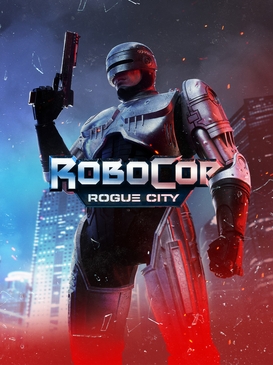MagusMajul
Member
Gaming studios today are massive, with hundreds of employees and budgets in the tens of millions. Why don't these studios focus on releasing two or three great games every year on a consistent basis?
These games wouldn't need cutting-edge graphics AA or single A titles like Trepang2 or Mad Jack Mullet prove that quality doesn't require a massive budget. They should focus on fun and, affordable-to-produce games. Studios could reliably recoup costs rather than risking $200 million on a single game every decade that might flop or be quickly forgotten.
These games wouldn't need cutting-edge graphics AA or single A titles like Trepang2 or Mad Jack Mullet prove that quality doesn't require a massive budget. They should focus on fun and, affordable-to-produce games. Studios could reliably recoup costs rather than risking $200 million on a single game every decade that might flop or be quickly forgotten.
Last edited:


